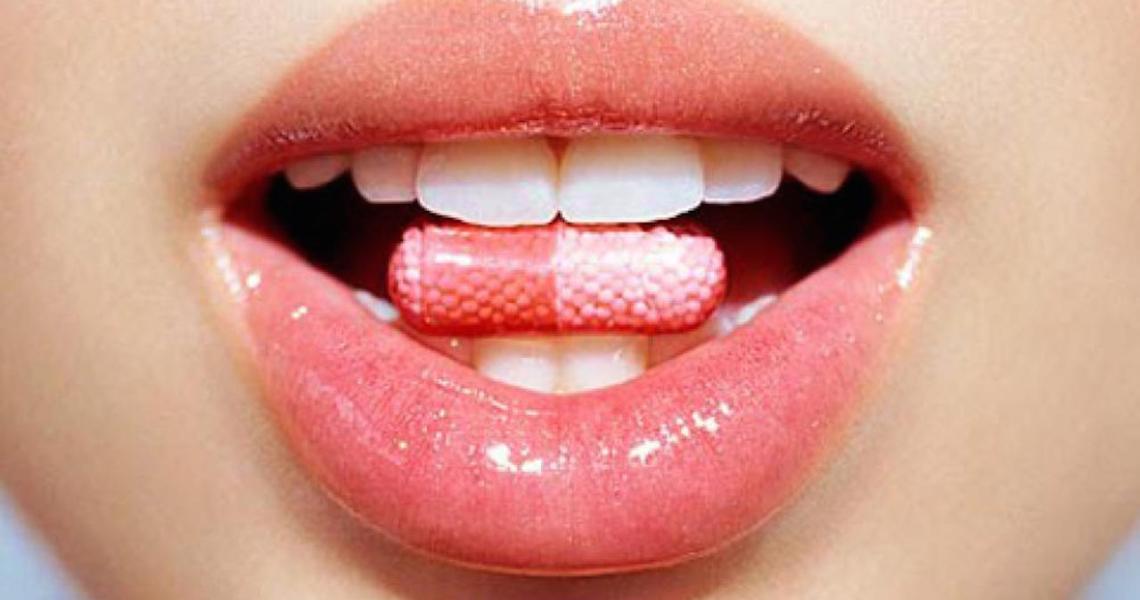Amid the Covid-19 public health crisis, wellness brands are navigating a scenario where they have the opportunity to grow their sales but at the cost of appearing predatory.
According to RetailMeNot, searches for vitamin brands have increased, on average, 169% in March, compared to the same time last year. That shows a growing consumer interest in vitamins, either for immunity purposes or tied to a lack of health insurance. Considering the cash flow constraints that consumer businesses of all types are facing, it is not unreasonable for brands to want to maximize sales opportunities. However, the FDA and Federal Trade Commission both sent warning letters to seven companies on March 9, directing brands to stop advertising fraudulent cures and treatments for coronavirus. These cures and treatments include essential oils, elderberry tea and colloidal silver.
“The issue is whether brands are making an implied claim that these supplements can reduce the risk of contracting coronavirus or help fight it,” said Bonnie Patten, executive director of watchdog group Truth in Advertising. “If that’s the takeaway that the reasonable consumer gets from an ad, then that is definitely a deceptive marketing claim.”
According to Facebook’s ad library, which shows what ads are running across Facebook, Messenger, Instagram and Facebook’s audience network, which extends to non-Facebook apps and mobile websites, several brands started to advertise products related to the immune system in March as the pandemic began to rapidly spread in the U.S. Between late February and mid-March, Vitamin Shoppe advertised a variety of supplements related to superfood powders, alpha and omega supplements, and collagen beauty powders. But starting March 15, ads spotlighting Nature’s Way elderberry supplements began appearing with copy that read, “Trust your immune system to our selection of high-quality Nature’s Way products.” There were additional ads for zinc, mentioning the need to “Keep up your defenses,” and also silver hydrosol (also known as colloidal silver). As of March 29, those ads are no longer running and, in their stead, are advertisements for Plant Organics food products and multi-vitamin probiotics that reference a healthy immune system.
Meanwhile, Moon Juice has advertised its Super You multi-vitamin product since at least March 16, in addition to its skin-care products and adaptogen and magnesium sleep powders. Super You ads feature ad copy like, “Don’t let stress, stress you out — or weaken your immunity,” while other product copy states, “Foster a healthy immune system by managing stress…”
Care/of was running ads until at least March 23 that reference its Superberry powders that “[are] designed to support your immune system,” but the company has since stopped running all ads. Ritual is not making an overt reference to the immune system, even when its ads reference multi-vitamins; it does feature Vitamin D in some ads, potentially timed with people spending less time outdoors. Meanwhile, Olly was previously running ads for its melatonin sleep supplement, but is no longer running those ads. All listed brands declined to comment.
“Generally, humans are creatures of habit and, during uncertain times, they will pivot into survival mode, whatever that means to them,” said Raj Nijjer, vp of marketing at e-commerce marketing platform Yotpo. According to Yotpo data, based on a survey of 2,000 consumers from the U.S., Canada and the U.K., there has been in a shift in what customers are buying online and consider “essential” products. Over 42% of respondents said they now buy health and wellness products online, and over 21% said they are now buying more products like vitamins, CBD and superfoods.
Nijjer said there are wellness brands that can advertise and market right now without appearing predatory. He pointed to Love Wellness as an example, which has built an online community and loyalty program to bolster sales. He recommended that wellness brands focus on talking about how the brand is taking care of its employees or how it is assisting (through a financial contribution or product donation) to health care or other critical workers. In general, the idea is to not to hype products.
“As a general matter, consumers need to ignore the marketing hype that they see online,” said Patten. “If they do have a concern or a belief that they need a supplement, their first stop should be to talk with their health-care provider.”




